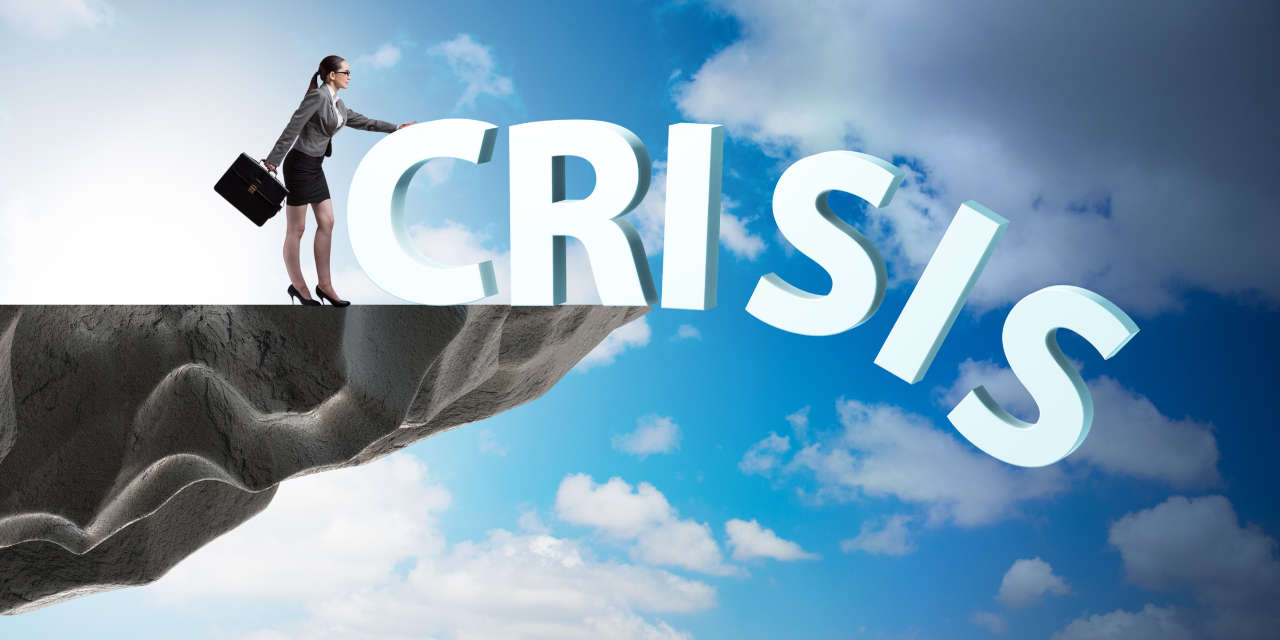By Leigh Ann Hubbard
A company I was working with would get these terrible reviews sometimes that were hogwash — the kind that make you want to go, “Nuh-uh, liar!”
At another company, an exec let something slip that they shouldn’t have … to a reporter. That was fun.
What do these two things have in common? Crisis. Crises. Crissesses … es.
Neither scenario was literally a crisis. Nobody died. But boy, did good ole crisis communication techniques come in handy.
If you ingrain those techniques into your brain so hard that they’re almost reflex, then when things go sideways, you can put your company in the best position for a positive outcome — even as you scream behind closed doors.
The Most Important Rule of Crisis Communications
If you remember one rule, remember this: transparency.
If you remember two, remember: accountability.
If you remember three, remember Every Good Boy Does Fine.
… No, that’s piano keys. Nix that.
Crisis communications is a framework, a mindset, that calms everybody the heck down. In the face of “Ack!” you do these things:
- Move quickly but not too quickly. Get your statement out as soon as you can — to stem the tide of negativity — but ensure that you have the facts and that hot heads are not prevailing.
- Tell the truth.
- Be transparent. Yes, there’s HIPPA, employee confidentiality, etc. Just be as transparent as you can. Tell the story with the facts.
- Be objective. Defensiveness makes you look weak and could make it look like you’re hiding something.
- Show empathy when appropriate.
- Take accountability where appropriate.
- Avoid corporate speak. Write professionally but like a real person. You want some relatability.
Crisis communications can stop negativity in its tracks — and sometimes spin the momentum around to positivity by drawing people to your side!
Here are some examples of when to go into crisis communications mode:
- After a negative article in the media
- When there’s a disease outbreak, like COVID
- When you get a bad review
- When a C-suiter does an uh-oh
If you immediately snap to crisis comms, you’ll reduce stress and confusion and come out better in the end.
Crisis Communications Example for Senior Living
If you screwed up, your path is clear: Own it. Fix it. Communicate it — along with what you’re doing to make sure it doesn’t happen again.
But what if you didn’t screw up? What if an incorrect negative story is circulating, and you want to shout, “You LIE!”
Here’s one way to tackle it. How would you?
FACEBOOK POST GOING VIRAL LOCALLY:
“Sunny Side Up Assisted Living has LOCKED MY MOM IN HER ROOM, and they won’t let me see her, and all they feed her is WHITE BREAD with MUSTARD!!!!!!!!!!!!”
121 COMMENTERS AND COUNTING:
“Burn them at the stake!!!”
THE TRUTH: That adult child has been stealing from Mom. Mom declines to visit with her. Mom’s favorite snack is white bread with mustard, but she gets nutritionally sound meals.
*Huff.* You could ignore this and hope it goes away … OR you could use this as an opportunity to tell your story — and get lots and lots of eyeballs on it.
YOUR POST:
Earlier today, claims were posted on Facebook about the treatment of a person living in our community.
If true, these claims would be utterly counter to everything we believe in and practice. We, of course, immediately investigated.
Our executive director interviewed staff and then visited one-on-one with the person in question. [If someone from regional or national also looked into it, specify that too.]
We want to be transparent with you, while also protecting this person’s privacy and that of their family.
So what we can say is this: Our commitment to you, and to everyone we serve, is to treat every single person who lives here like a beloved family member.
We are confident that that level of respect and care is what every person here is experiencing.
One of the ways we put this respect into practice is to ensure as much autonomy as we can. For example, we …
✅ Offer a variety of well-balanced, delicious meals and snacks to choose from
✅ Customize care times
✅ Offer different types of activities and outings
✅ Respect residents’ visitation decisions
—–
We appreciate the community’s passion for people who live in senior living.
It is essential that people speak out if bad actions do happen.
⭐ We invite you to come visit our community! ⭐
Come see what it’s like to live here, and give us your feedback! [Casually, quickly mention any common community engagement or volunteer opportunities you offer.] Visiting hours are [## – ##]. We and our residents love seeing you!
Thank you for caring for your neighbors. The Sunny Side Up team is proud to provide the care we’d want for our own parents. We welcome you to stop by!
Include a relevant photo or video.
The end of the post shows respect and empathy for the people who are in an uproar and allows them an easy out without having to feel defensive. … And it also puts it back in their lap! If they’re so concerned, they can come see for themselves!
How would you handle a situation like this? How have you handled crises in the past?










